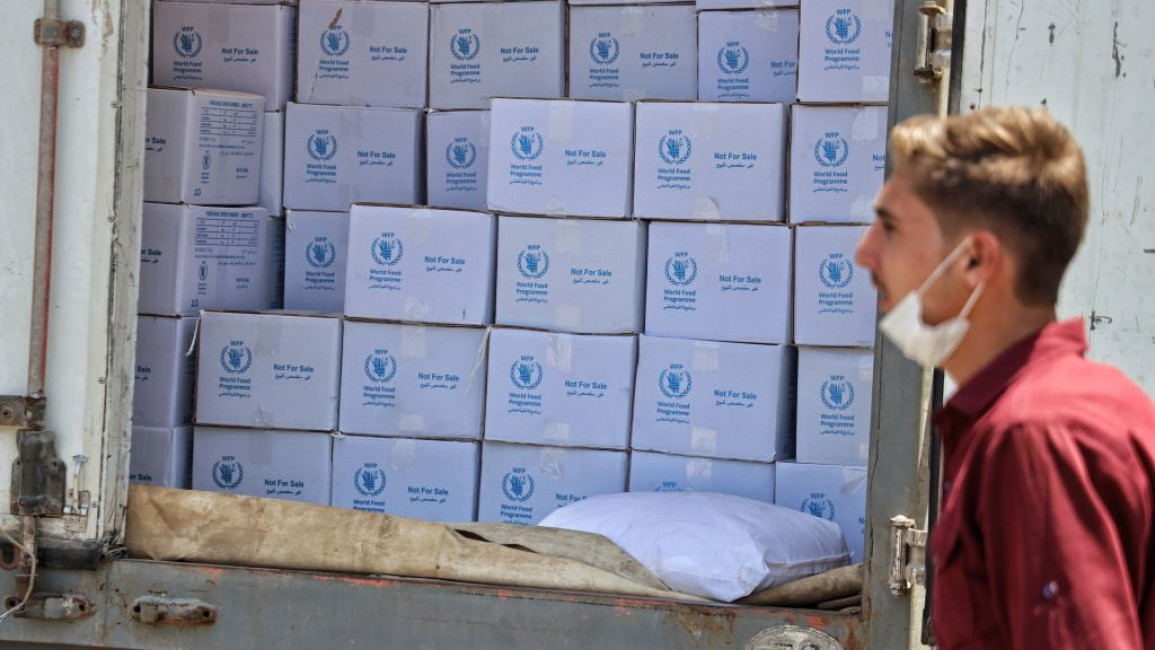Assad regime takes 'over half of aid money' by manipulating currency: report
Bashar al-Assad’s regime is taking millions of dollars in foreign aid by getting UN agencies to use a lower exchange rate, a new report has found, prompting concerns about aid not reaching the people that need it.
The Central Bank of Syria took $0.51 of every aid dollar sent to the country, which in 2020 amounted to $60 million, according to research by the Centre for Strategic and International Studies (CSIS) and several other thinktanks, The Guardian reported.
Research looked at hundreds of UN contracts for goods and services for Syrians living in government-held areas of the country after the pound crashed.
At that time, the exchange rate to the US dollar has been low, 2,500 Syrian pounds to the US dollar, whereas the black-market rate was 3,500 Syrian pounds. Many legitimate groups prefer to use the black market as it gives them a higher exchange rate.
“This shows an incredibly systematic way of diverting aid before it even has a chance to be implemented or used on the ground,” Natasha Hall, a representative of the CSIS told the publication.
The Central Bank of Syria is currently sanctioned by the US, UK and the European Union.
“If the goal of sanctions overall is to deprive the regime of the resources to commit acts of violence against civilians and the goal of humanitarian aid is to reach people in need then we have this instance … where aid is at complete contradiction to those two stated goals," Hall added.
Several UN agencies send money to Syria, including OCHA, World Food Programme, and the UNHCR, and the UN’s financial tracking system said they have no way of tracking how much money is exchanged into Syrian pounds.
Sara Kayyali, Syria researcher for Human Rights Watch said the findings should act as "a wake-up call to the UN".
"They need to revise the way they provide aid and revise how they consider their obligations to respect human rights in light of this, because it’s difficult to justify this idea that hundreds of millions of dollars are going to an abusive state apparatus.”
"The majority of UN's procurement for our humanitarian response in Syria is made in international and regional markets and, therefore, not affected by the Syrian exchange rate. Otherwise, as is the case in any country, the UN in Syria is required to use the official exchange rate," The Guardian quoted Danielle Moylan, a spokesperson for UN agencies saying.



